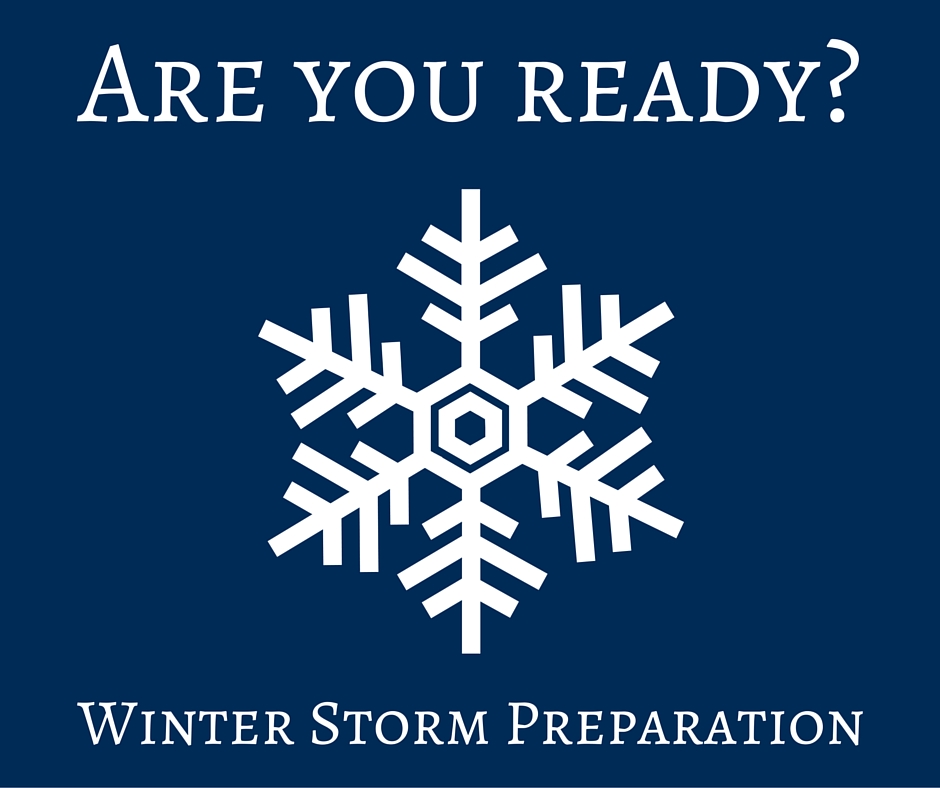This week, Punxsutawney Phil and a slew (or is it a herd?) of other groundhogs predicted that we will only have to endure six more weeks of winter. Since some areas of the country have been hit hard with winter weather, that sounds like good news. However, much more winter could come our way in the next few weeks, so being prepared is essential!
Here are a few things that homeowners or business owners need to know about winter storm preparation:
- Long before the storm, it’s a good idea to learn weather terms so that you can gauge the severity of pending weather and act accordingly. Also take the time to form a plan for your family, in the event that you are separated when severe weather occurs. Finally, familiarize yourself with where you would turn off your home’s power or water if it became necessary to do so.
- When the storm is forecasted, check your emergency kit to ensure that you have everything you need to remain in one spot safely for about three days. Also ensure that you have batteries and portable chargers. Locate your generator and fuel, hand crank lights or radios, flashlights, blankets, and anything else you would need if the electricity went out.
- Before the storm arrives, check your home for needs that can be met quickly. Hang blankets over drafty windows or doors that need repair later or use towels to plug up gaps that let cold air in. Make sure smoke alarms, carbon monoxide detectors, and fire extinguishers are in good working order.
- When the storm hits, stay inside. Bring animals in and check on those who are disabled or elderly. Remain safe by avoiding and reporting downed power lines. Be wise about shock and fire hazards, such as space heaters, generators, and grills. Remember that when using alternative sources of heat or cooking appliances, there is risk of electrical fire, shock and CO poisoning. Monitor the temperature of your home and those in it, especially infants and the elderly.
- After the storm, do not enter any area that may have electrical hazards or carbon monoxide. Likewise, flooded areas should be approached with caution. Listen for advisories regarding drinking water. Shovel snow properly, and only if your health is good. If you are unable to stay in your home, text SHELTER + your zip code to 43362 to find an emergency shelter near you.
If you feel you need to learn more about winter storm preparation, you can find detailed information and checklists at Ready.gov, Safety.com, and the RedCross. We urge you to take a few moments and get your home and famly ready for any emergency. Then, you can sit back, relax, and enjoy the final few weeks of our winter season.

